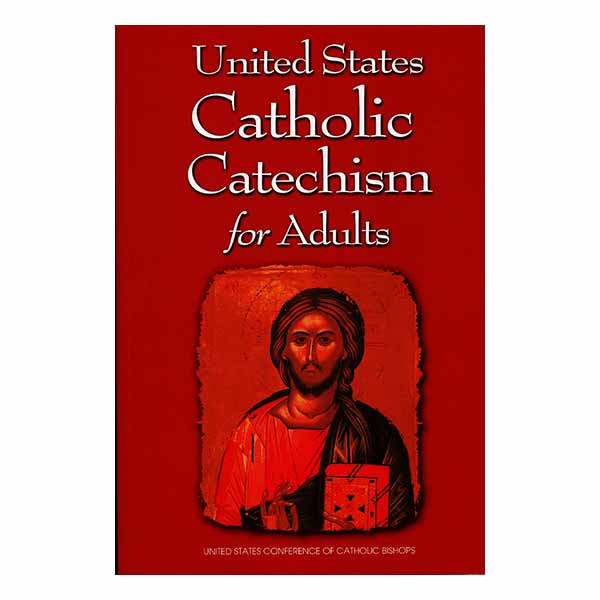


The plot of Gn 2– 11 (creation, the flood, renewed creation) has been borrowed from creation-flood stories attested in Mesopotamian literature of the second and early first millennia. Though Gn 2:4– 3:24 is often regarded as “the second creation story,” the text suggests that the whole of 2:4– 11:9 tells one story. The seven-day creation account in Gn 1:1– 2:3 tells of a God whose mere word creates a beautiful universe in which human beings are an integral and important part. By highlighting such concerns, the editor addressed the worries of exiled Israel and indeed of contemporary Jews and Christians. The editor highlighted themes of vital concern to this audience: God intends that every nation have posterity and land the ancestors of Israel are models for their descendants who also live in hope rather than in full possession of what has been promised the ancient covenant with God is eternal, remaining valid even when the human party has been unfaithful. for a Jewish audience that had suffered the effects of the exile and was now largely living outside of Palestine. As far as the sources of Genesis are concerned, contemporary readers can reasonably assume that ancient traditions (J and E) were edited in the sixth or fifth century B.C. For the literary sources of Genesis, see Introduction to the Pentateuch. Another indication of editing is the formulaic introduction, “this is the story these are the descendants” (Hebrew tōledôt), which occurs five times in Section I ( 2:4 5:1 6:9 10:1 10:31) and five times in Section II ( 11:10 25:12, 19 36:1 37:2). 10– 11), and in the second, progeny and land appear in the form of promises of descendants and land to the ancestors. In the first section, progeny and land appear in the form of births and genealogies (chaps. The opening creation account ( 1:1– 2:3) lifts up two themes that play major roles in each section-the divine command to the first couple (standing for the whole race) to produce offspring and to possess land ( 1:28). The first section deals with God and the nations, and the second deals with God and a particular nation, Israel.

The book has two major sections-the creation and expansion of the human race ( 2:4– 11:9), and the story of Abraham and his descendants ( 11:10– 50:26). Its title in English, “Genesis,” comes from the Greek of Gn 2:4, literally, “the book of the generation ( genesis) of the heavens and earth.” Its title in the Jewish Scriptures is the opening Hebrew word, Bereshit, “in the beginning.” Genesis is the first book of the Pentateuch (Genesis, Exodus, Leviticus, Numbers, Deuteronomy), the first section of the Jewish and the Christian Scriptures.


 0 kommentar(er)
0 kommentar(er)
